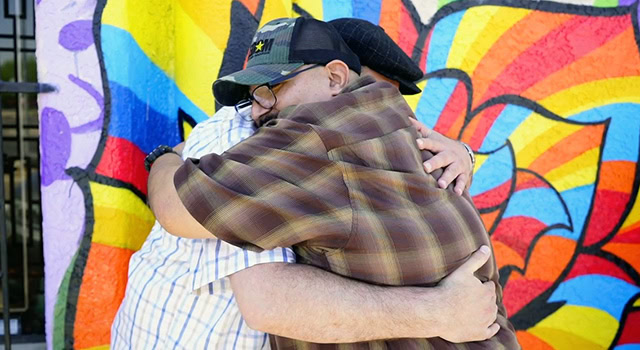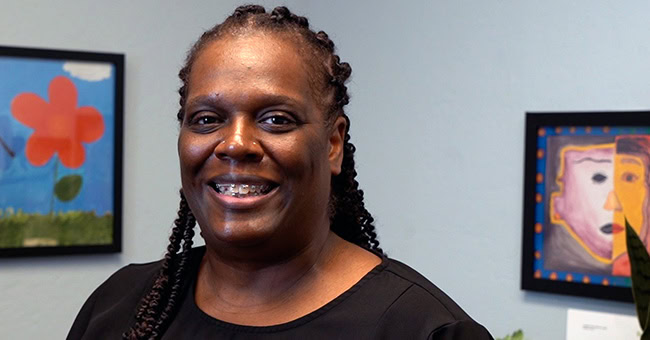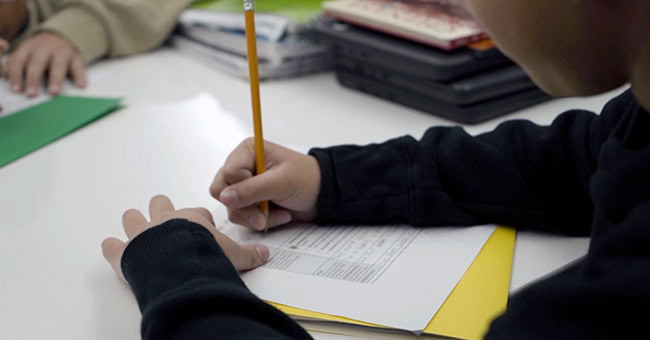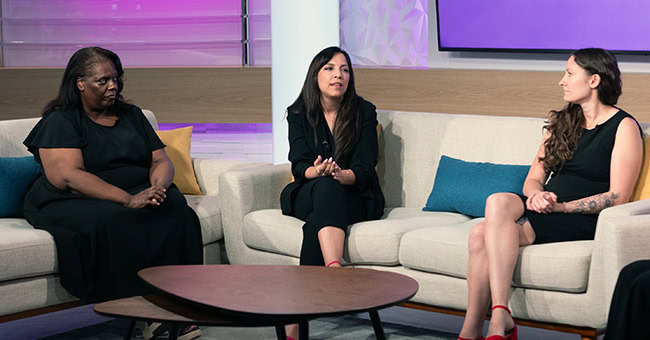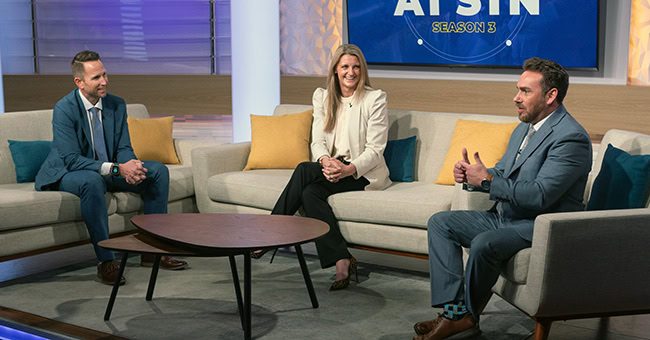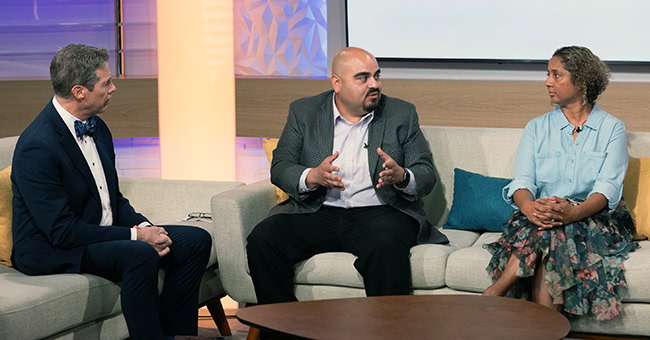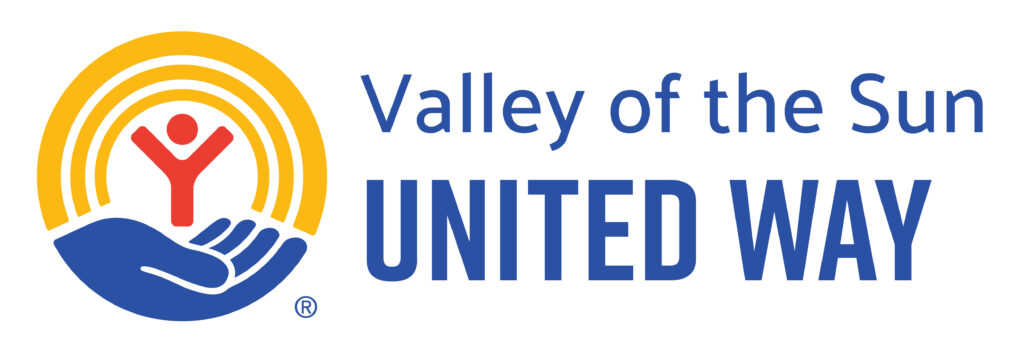PHOENIX (STN) – “Everybody deserves another chance.”
Four simple words from Eva Kovacs that can mean so much. As a Forensic Peer & Recovery Support Specialist for Mercy Care, Kovacs knows how much those words can mean. She helps people navigate the challenges that come with the criminal justice system.
“[The] two big things about a forensic peer support specialist [are] advocacy and removing stigma,” Kovacs said.
As part of the Mercy Care mission to focus on underserved communities around the state, the forensic peer support program helps individuals who are coping with mental health illnesses and have unresolved cases within the Maricopa County Court system.
Amon Price, another Forensic Peer & Recovery specialist, whose own mental health struggles once landed him in the hospital, said that everyone deserves access to care and assistance regardless of their background and that people who wind up in jail often don’t have the skills they need to succeed when they are released.
“It’s a big problem for our community and for families,” he said. “These people have families,” he said. “These people are human beings. They made a bad choice.”
Go inside the Mercy Care Forensic Peer Support Program
Rieva Bremmer, who has experienced firsthand the loneliness of a difficult journey through the legal system, now spends her time helping others as an intern at Hope Lives, an organization dedicated to addressing the systemic issues facing underserved and underrepresented communities.
“There wasn’t really somebody there for me, and I want to be able to help other people,” Bremmer said. “I struggled with everything that’s so confusing and so scary, and to be able to help somebody navigate life that makes everything that I went through worth it.”
Fellow Hope Lives intern Aledemar Basen agreed with Bremmer and said joining the forensic peer support system is not only valuable to the people they advocate for.
“We as humans have the tendency to sometimes climb up our ladder and look down on people,” Basen said. “But this training has changed my life. Knowing where I came from and remembering that there are people who need my help, and they need my help as much as I need theirs.”
Regardless of the reasons for becoming a peer support specialist, Price says lived experience is invaluable when it comes to working toward successful outcomes.
“Forensic peer support specialists who’ve been through the criminal justice system are highly effective at helping to reduce recidivism, improve the lives of people, [and] transform the community,” he concluded. “We help others get invested in their recovery, and the community gets stronger, and it works. Forensic peer support works.”
For more on Mercy Care’s support programs, visit their website.


